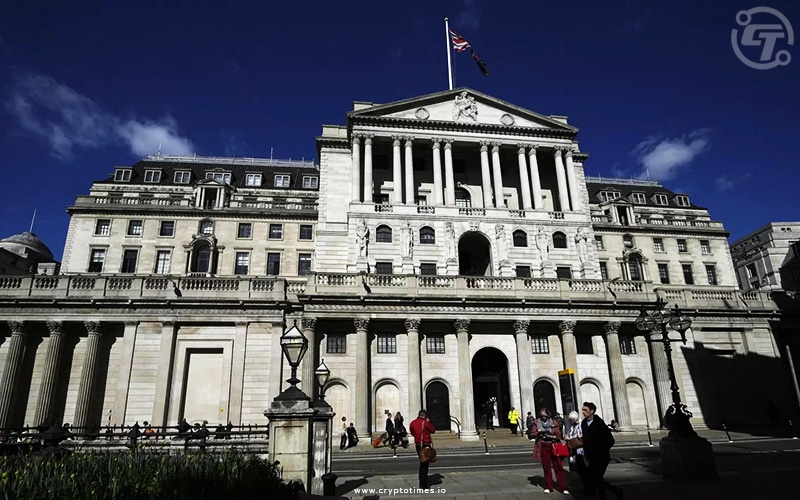According to a 40-page Consultation Response published by His Majesty’s Treasury on August 7, the UK government might shift more influence on CBDC towards the Bank of England (BoE) compared to the main financial supervisor, the Financial Conduct Authority (FCA).
In 2022, the UK government started a discussion called “Payments Regulation and the Systemic Perimeter” to gather suggestions from the market on changing how the Bank of England oversees payments, considering the changing risks to financial stability.
The government wants BoE and the FCA to work together to oversee and regulate stablecoins that are important for the overall financial system.
BoE would have the authority to stop FCA from regulating certain stablecoin providers. Similarly, the Prudential Regulation Authority (PRA) could prevent the FCA from taking specific actions if those actions could potentially create problems for financial stability.
In July, Andrew Bailey, the governor of BOE, expressed his view that cryptocurrencies and stablecoins do not meet fundamental criteria for being considered as traditional forms of money.
As a result, he suggested that instead of focusing on cryptocurrencies and stablecoins, efforts should be directed toward creating an improved form of digital currency called “enhanced digital money.”
Also Read: Bank of England Senior Advisor Says DeFi isn’t Decentralized







